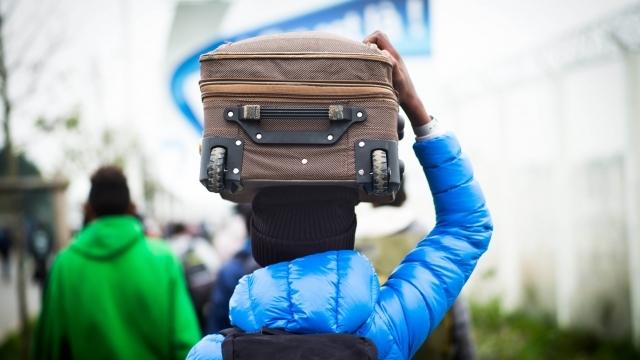
By Michael on Adobe Stock 545537146
CANCELLED
*unfortunately this event has needed to be cancelled
The paper begins with a discourse analysis of the deployment of the language crisis in situations of mass displacement and humanitarian protection. The key questions asked are: How is humanitarian protection articulated differently across different emergencies? How does the meaning of crisis change over time? Based on primary research in Libya and in Europe’s ‘Hot Spots’ for the Central and Eastern Mediterranean routes, this paper argues that crises in the UN emergency response sector offer an opportunity to garner urgent support from the international community. While initial global responses to the crisis discourse evoked at the height of the emergencies served their purpose, this is not sustainable. Crisis as the primary and defining category, in the case of Europe evoked a sense of danger and threat that refugees, particularly young men, crossing the Central and Eastern Mediterranean routes carried with them. Desperate refugees and migrants crossing international borders through water and land dominated global media attention for a prolonged period. This paper further demonstrates that the indiscriminate labelling of migration events as ‘crises’ incentivised states to frame refugees as uncivilised’ or ‘savages’ in need of rescuing and to introduce extraordinary measures with little regard to civil liberties and human rights. From global conflict zones to Europe’s ‘safe havens’, these narratives of migrants as victims and European states as saviours reproduced colonial and racialised power hierarchies.
Speaker
Professor Bina D'Costa, Coral Bell School of Asia-Pacific Affairs, ANU College of Asia and the Pacific
This series is an ANU-wide collaboration spearheaded by the Migration Hub @ ANU, in collaboration with the School of Archaeology and Anthropology
Location
Speakers
- Professor Bina D'Costa, Coral Bell School of Asia-Pacific Affairs, ANU College of Asia and the Pacific
Contact
- Sverre Molland
File attachments
| Attachment | Size |
|---|---|
| 17-08-23_Migration_Series_2023_-_Bina_DCosta.pdf(839.86 KB) | 839.86 KB |